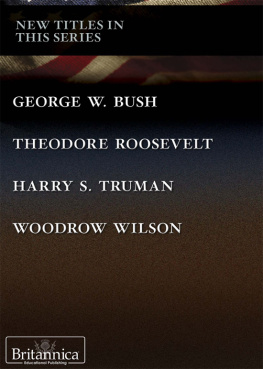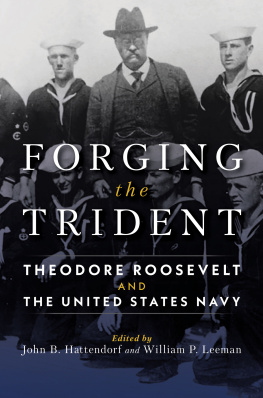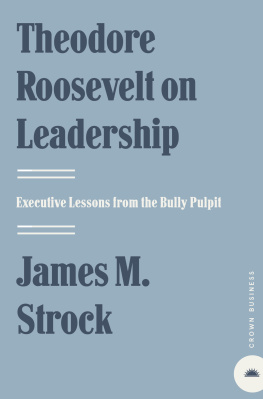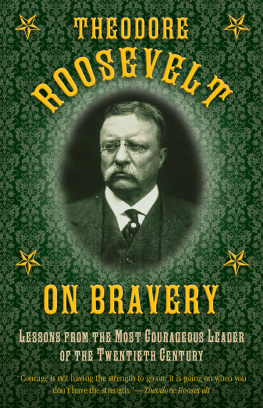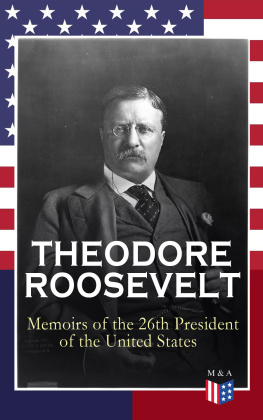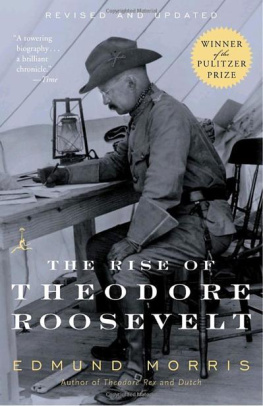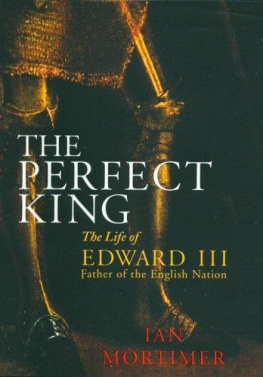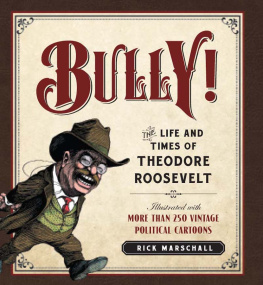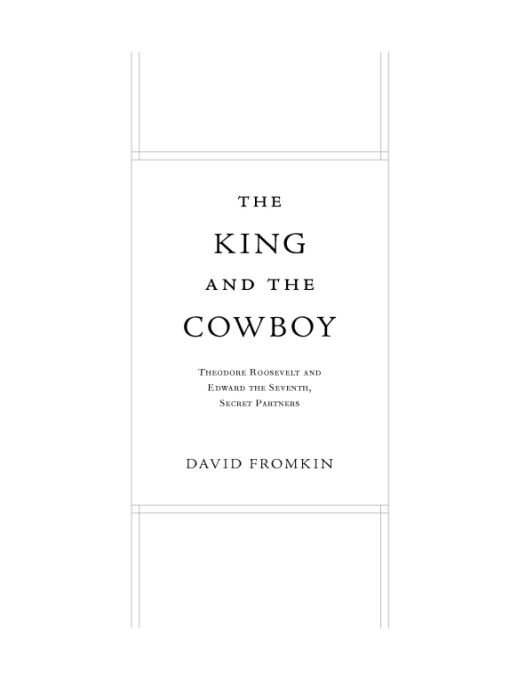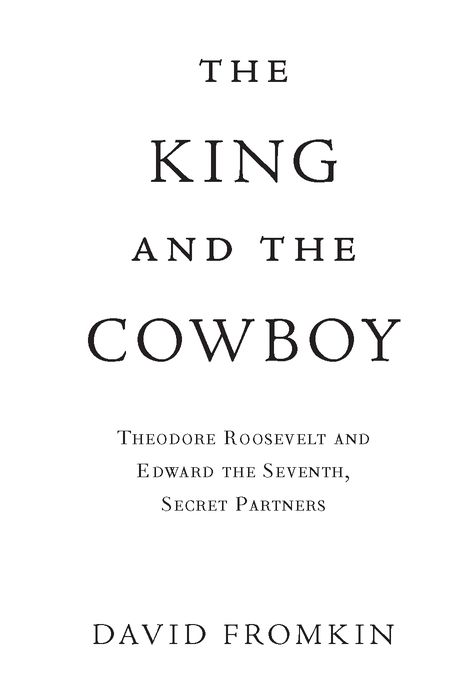Table of Contents
ALSO BY DAVID FROMKIN
Europes Last Summer:
Who Started the Great War in 1914?
Kosovo Crossing:
The Reality of American Intervention in the Balkans
The Way of the World: From the Dawn of Civilizations
to the Eve of the Twenty-first Century
In the Time of the Americans: FDR, Truman,
Eisenhower, Marshall, MacArthur, the Generation That
Changed Americas Role in the World
A Peace to End All Peace:
Creating the Modern Middle East 1914-1922
The Independence of Nations
The Question of Government: An Inquiry into the
Breakdown of Modern Political Systems
THE PENGUIN PRESS
New York
2008
To Mary Blume
whose cheer and wisdom pulled me
out of senior slump
In a New York high school a few years back, it was
observed that the top students, who until then had
been earning straight As, faltered and fell back
during their senior year: the twelfth grade. The
students came to blame their poor performance
during that final year of high school on
some sort of illness; and to this malady
they gave the name senior slump.
PREFACE
IN 1901, the opening year of the twentieth century, two colorful public figures inherited the leadership of the English-speaking countries. They were sworn into office even though they were generally regarded as not really fit to rule. One was thought to be something of a wastrel; the other, something of a clown.
But once in office, they gave evidence of possessing impressive qualities. Moreover, behind the scenes they worked together. Outside of a select circle, it was not known at the timeindeed it is not widely known even todaybut King Edward and President Roosevelt became something like political partners. Moved in no small part by the two, the political structure of the globe was turned upside down in the early 1900s as they sought to dispel the shadow cast over world affairs by Germanys Emperor William II. They were among the authorsamong the shapersof our world and would set the stage for much that would occur in the century to come.
WHAT WE ARE ABOUT to see is the birth of the special relationship between America and Englandand of the intimacy between England and France.
PART ONE
VICTORIAS WORLD
WHEN GERMAN MONARCHS RULED ENGLAND
AS AN INFANT she was named Alexandrina Victoria. As a child she was known as Drina. As the longest-reigning monarch of the United Kingdom of Great Britain, Wales, and Ireland, she was the Queen Victoria who became Empress of India. Nowadays nobody thinks of her as German, even in part. She is remembered as Englishness incarnate. Yet she was the child of a German family.
Born at dawn on May 24, 1819, she was a child of victory. Only four years earlier, her country finally had defeated its longtime rival, France, though France was led by one of the greatest generals in history, Napoleon Bonaparte. Although Britons could not have known it at the time, the French threat to British security, which had arisen at least a thousand years before, was over at last. The way was clear for the British EmpireVictorias Britainto dominate the world.
It was an exciting century over which Victoria presided and in which Britain rose to supremacy. Maritime power, which had played a key role in the defeat of France and in the earlier acquisition of such huge territories on the far side of the world as Australia, Canada, and India, transformed the tiny British Isles into a nation that girdled the globe. Britains fleet, the Royal Navy, ruled the waves of all the planets oceans, including the almost unimaginably vast Pacific.
Britain had played a leading role in starting the Industrial Revolution: one of the mere handful of profound changes in human affairs that had occurred since people invented agriculture and moved from caves into houses. The shift to an industrial economy had transformed almost everythinghow we live, how we work, how we think, how we dress, how we act. Until the Industrial Revolution the only energy sources available to the human race were the muscles of humans and animals and the harnessing of winds and waves. The release of steam energy and then of other forms of mechanical energy opened up hitherto undreamt-of prospects of wealth and power. Electricity lit up the world and moved the world. Britain, the worlds preeminent trading, investing, and colonizing power, was at a point in history where the great expansions came together, and where something new and improving or bigger and better seemed to happen every day. The Victorian era was an age of conspicuous progress that also believed in progresstrusted that it would keep on goingand had faith in reform and in the advance of civilization. It bequeathed to us much that we take for granted: such creations as bicycles, photographs, postage stamps, plastics, subways, and traffic lights. The Queen lived the life of her time, welcoming new experiences as they became available. In 1842, for the first time, she traveled by train. In 1847, she went swimming in the sea. Personal experience led Victoria herself to especially value the invention of chloroform for use in childbirth; she had many childrennine in all.
IN THE TIME of the Hanoveriansthe dynasty to which Victoria belongedthe throne of England had become one of the worlds great prizes. But to gain it took more than just being conceived by the right sperm in the right womb in the right order.
Britains rulers in the late 1700s had constructed an obstacle course by way of requirements of eligibility for the throne. The English government at that time had defined by statute which marriages and births and other qualifications enabled a candidate to qualify for elevation to the throne, and in what order. These rules helped to explain why Britonsa people who themselves exercised sway over much of the rest of the worldcontinued to be governed by a dynasty of Germans from a minor principality called Hanover.
IT WAS THE RESULT of religious conflict. The English, having beheaded a Roman Catholic monarchCharles Iafter the lapse of a century had imported a new king from reliably Protestant Hanover and had crowned him as George I. Not only was he himself German, and not only was he ruler of the German principality of Hanover, he also was married to a German wife and kept two German mistresses. He ruled Britain (1714-1727) for thirteen years without ever learning to speak or understand the English language.
George II, who succeeded his father and ruled Britain from 1727 to 1760, was in turn succeeded by George III, under whose reign (1760-1820) the War of the American Revolution was fought. In turn his son was crowned in 1820 as George IV. George I, II, III, and IV all married Germans. Germany at the time was fragmented into about three hundred principalities and similar units; it therefore had an abundance of Protestant princes and princesses. British royalty, and their cousins throughout Europe, routinely sent to Germany for spouses.
One of the most important functions of rulers in those long-ago days of crowns and castles was to produce recognized heirs. George III did his duty; he and his wife produced fifteen children. George IV produced only one: a girl.


